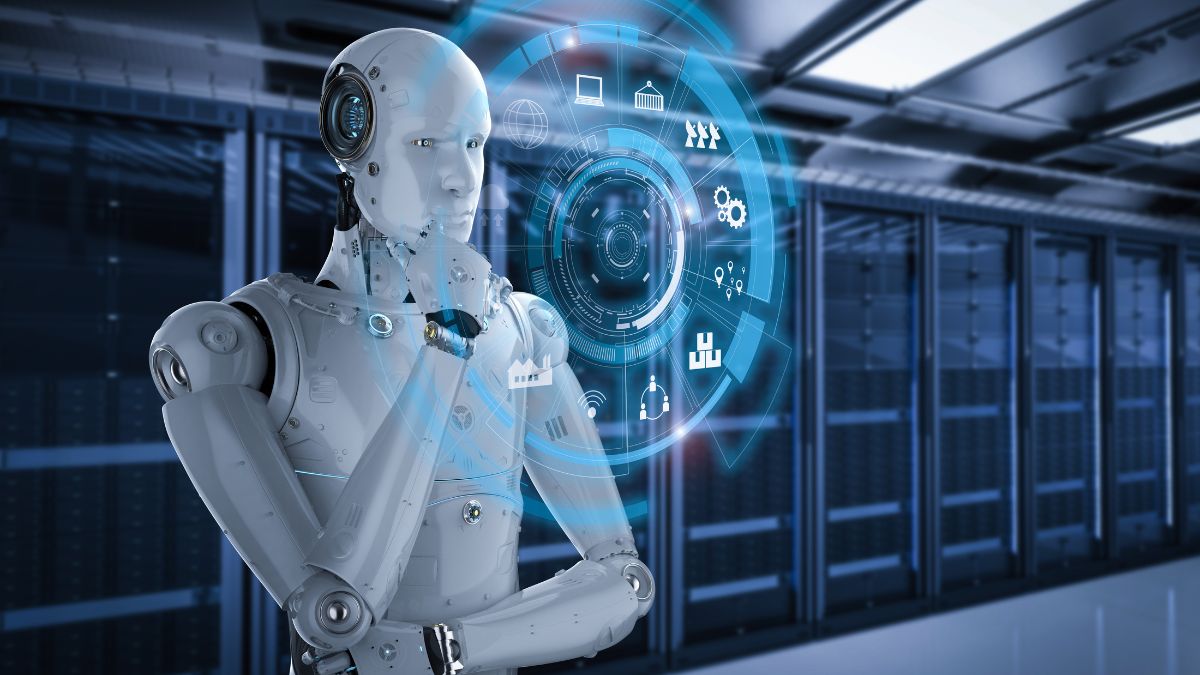The growing influence of robotics in the modern world has made it imperative to understand its impact on industries. With the advent of advanced technologies, robotics has revolutionised the way businesses operate. This article aims to explore the impact of robotics on industries, including its benefits, challenges, and real-world examples.
Understanding Robotics
Definition of robotics
Robotics is the science and technology of designing, building, and operating robots. Robots are programmable machines that can carry out complex tasks autonomously or under human supervision.
The history of robotics
Robotics has a long and fascinating history dating back to ancient times. The first recorded instance of a programmable machine was a mechanical bird built in the 4th century BC by Archytas of Tarentum.
The different types of robots
Robots can be categorised into various types based on their design, purpose, and functionality. Some of the common types of robots include industrial robots, service robots, medical robots, military robots, and humanoid robots.
Advantages of robotics over human labour
Robotics has several advantages over human labour, including higher efficiency, accuracy, and precision. Additionally, robots can work in hazardous or harsh environments that are unsuitable for humans.
The role of AI in robotics
The integration of artificial intelligence (AI) with robotics has enabled robots to learn from their environment, adapt to changing conditions, and make decisions based on data analysis.
Applications of Robotics
Industrial robotics:
Industrial robots are widely used in manufacturing and assembly lines to perform repetitive tasks, increase productivity, and reduce labour costs.
Medical robotics
Medical robots are used in healthcare for diagnosis, surgery, and rehabilitation. Medical robots provide better accuracy, precision, and less invasive procedures.
Military and defence robotics
Military robots are used in combat operations, surveillance, and intelligence gathering. They perform tasks that are too dangerous for humans, and their use reduces the risk of human casualties.
Agricultural robotics
Agricultural robots are used for harvesting, planting, and monitoring crops. They help farmers to increase productivity and efficiency while reducing labor costs.
Service robotics
Service robots are used in the hospitality industry, including hotels and restaurants, to provide assistance and perform tasks such as cleaning, delivery, and customer service.
The impact of robotics on the workforce
Robotics has had a significant impact on the workforce, with automation leading to job displacement in some sectors.
Advancements in Robotics
The latest trends in robotics technology
The robotics industry is constantly evolving, and there are several emerging trends, including human-robot collaboration, swarm robotics, and soft robotics.
The role of machine learning in robotics
Machine learning has enabled robots to improve their performance and adapt to new situations based on data analysis and pattern recognition.
Collaborative robots (cobots)
Collaborative robots are designed to work alongside humans, assisting them in performing tasks and increasing efficiency.
The integration of robotics with the Internet of Things (IoT)
The integration of robotics with IoT enables robots to communicate with other devices, share data, and perform tasks autonomously.
The impact of robotics on environmental sustainability
Robotics can help reduce carbon emissions and improve energy efficiency in industries such as transportation and manufacturing.
Challenges and Limitations of Robotics
Ethical considerations of robotics
The increasing use of robotics raises ethical concerns, including job displacement, privacy invasion, and robot bias.
Legal and regulatory challenges
The use of robotics requires compliance with various regulations and standards, including safety regulations and ethical guidelines.
Technical limitations of robotics
Technical limitations, including limited dexterity, mobility, and perception, have hindered the development and application of robotics.
Security concerns related to robotics
As with any technology, there are security concerns associated with robotics, particularly in the context of cyberattacks and data breaches. It is important to ensure that robotic systems are designed with robust security features to protect against potential threats.
The impact of robotics on society
The growing use of robotics technology is also likely to have a significant impact on society, with potential consequences for employment, education, and social interaction. As such, it is important for policymakers and society at large to consider the social implications of robotics technology and work towards mitigating any potential negative effects.
Real-world Examples of Robotics
There are many real-world examples of robotics in action today, including Tesla’s Automated Factory, Amazon’s Robotic Warehouses, robotic surgery in healthcare, autonomous drones in agriculture, humanoid robots for customer service, and robotic exoskeletons for physically challenged people. These examples illustrate the diverse applications of robotics technology across a wide range of industries.
Conclusion
In conclusion, robotics technology has the potential to revolutionise industries by improving efficiency, productivity, and safety. However, there are also challenges and limitations that need to be addressed, including ethical considerations, legal and regulatory issues, and technical limitations. It is important for policymakers, industry leaders, and researchers to work towards developing ethical guidelines and regulations that address the potential negative impacts of robotics, while still promoting innovation and progress in the field.


[…] use of AI in manufacturing has led to several benefits, including increased productivity, reduced downtime, improved product […]
[…] of robotics and automation will vary across different industries. In manufacturing and production, robotics has already revolutionized the assembly line, making it faster and more efficient. In service […]